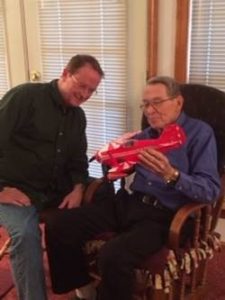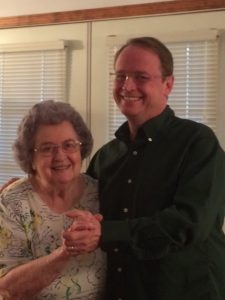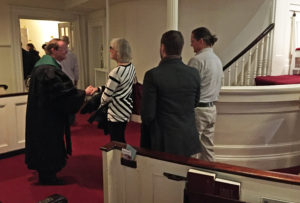When I was a high school senior I became angry with my church. The story of Jesus was leading me away from what they taught me. I wondered if they had read the Bible they kept telling me to read.
Here is a partial list of things I stopped believing. Christians are going to fly up into the sky any minute. The earth is 6000 years old. Budweiser is the devil’s poison. Women are disqualified from telling the Christian story if there is a pulpit in front of them. Gay organists can serve the church only if they are not seen in public with their partners. The Pope is the anti-Christ. My Jewish friends are going to burn in hell forever. Everyone who smokes marijuana should be executed. Kindergarten teachers should carry handguns. Poor people get what they deserve. I decided that my church was filled with narrow-minded fundamentalists who were not worthy of my new enlightened state.
But as time passed, I made peace with the church of my childhood. I have been growing more appreciative. They may have taught me a few terrible things, but they also introduced me to Jesus. I defended them by saying that my old church is a victim of the culture.
Here is a partial list of the lies I told myself. The people in my old church are not against women, but actually believe they are defending the family. They sound racist because they are afraid. They appear homophobic only because they do not know gay people. They will stop being prejudiced against Muslims as soon as they meet Muslims. They defend gun ownership because they love hunting. Their hostility towards the poor is a misunderstanding of the American dream.
I convinced myself that while much of what they believe goes against the teachings of Christ, they are Christians at heart. I was wrong.
Two weeks ago, I went to my parents’ church. I had not been to a service there in thirty-five years. The peace I had made with my childhood church began to fall apart.
The pickups in the parking lot had Trump/Pence bumper stickers. American flags were in the front yard, the front of the sanctuary, and on the front of the order of worship. The congregation sang God Bless America, My Country Tis of Thee, and Onward Christian Soldiers. I heard, “We could use more fire and brimstone,” “We finally have a president who is doing what needs to be done,” and “We have to get rid of Obamacare right now.”
87% of my parents’ church-infested county voted for Trump. Donald Trump has made it obvious that my old church is not filled with followers of Christ. You cannot follow Jesus and support a tax cut for the rich that would end health care to millions of the oldest, poorest, and sickest people. You cannot follow Jesus and hate minorities. You cannot follow Jesus and treat women as inferior.
When faced with the choice of following Christ by caring for the hungry or supporting a politician who promises to make the rich richer, my old church ignores the faith they profess. When given the opportunity to extend hospitality to refugees, my old church chooses bigotry. When responding to a dishonest President, my old church defends the lies.
I have come to the painful realization that God is not the point of my old church. My old church is shaped more by Fox News than Jesus’ Good News. My old church is a chaplain to nationalism, patriarchy, and nostalgia. My old church is the enemy of the environment, science, and equality.
I am not going to defend my old church any more. If you are acting like a racist, homophobe, or misogynist in 2017, then you are a racist, homophobe, or misogynist.
How can anyone think that a church that celebrates Donald Trump is what Jesus had in mind?







